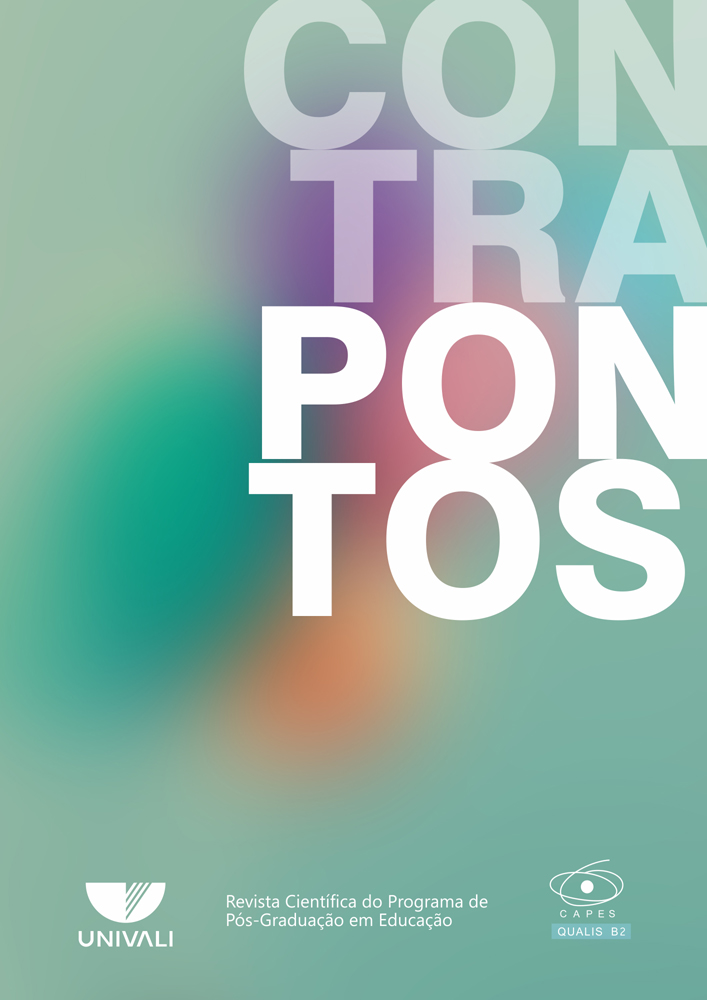
he paper analyzes the constitution of sports bodies from the focus of a key pairing: that of ability-disability, and the possibility of aesthetic expression. The analysis looks at the results of a survey on the practice of wheelchair basketball. It considers the role of technology as a determinant of these practices, composing the subject and making what would be its nature (which can never be determined) a complement to the machine. If sport presupposes mastery of the body – or its production as the subject’s own mastery –, the machinery that is incorporated into it can produce an aesthetic expression that transcends the mastery often attributed to paralympism by the common sense: grotesque. The technical and tactical domain, linked to skill in handling the chair, can generate new aesthetic experiences that are unsuspected, because they are based on the disability that seeks to become ability. But this aesthetic, which is so necessary, comes at a cost in that reduces the body to an instrument. The paradox is not exclusive to Paralympic sport, but ultimately, it is what leads to the forms and uses of the sports body




Copyright (c) 2022 Revista Contrapontos
This work is licensed under a Creative Commons Attribution 4.0 International License.





